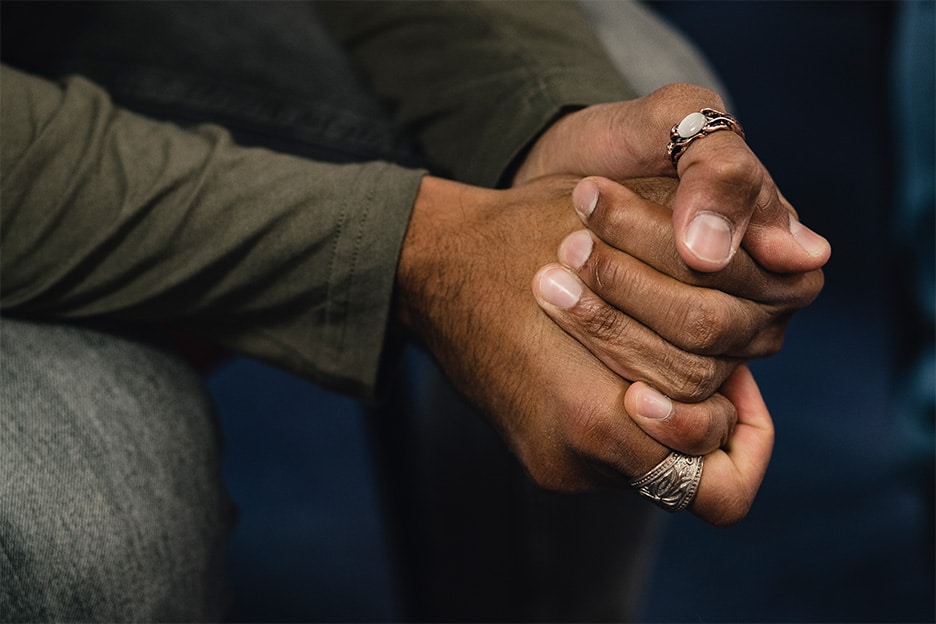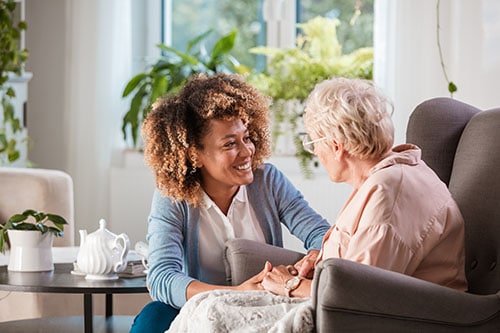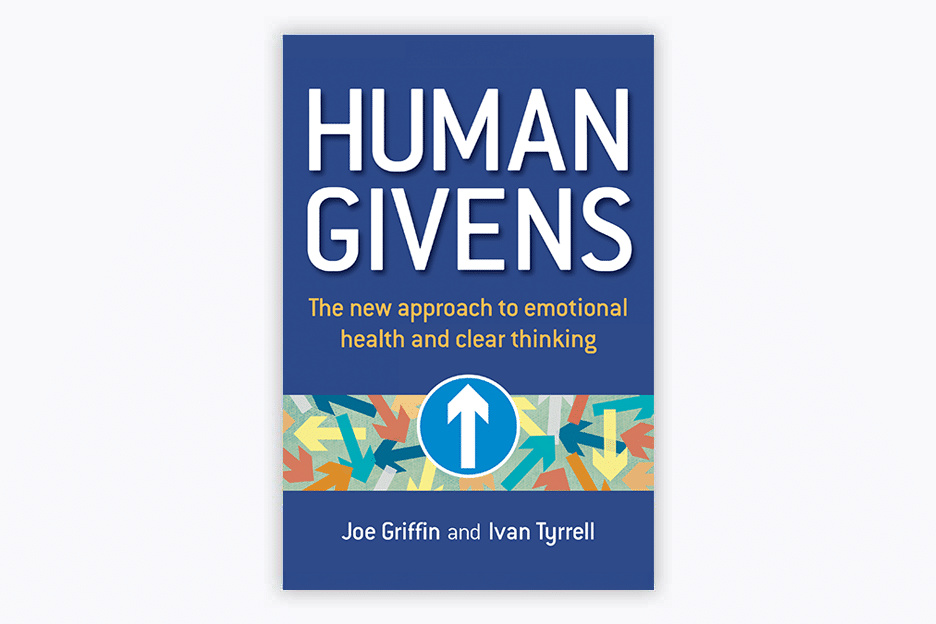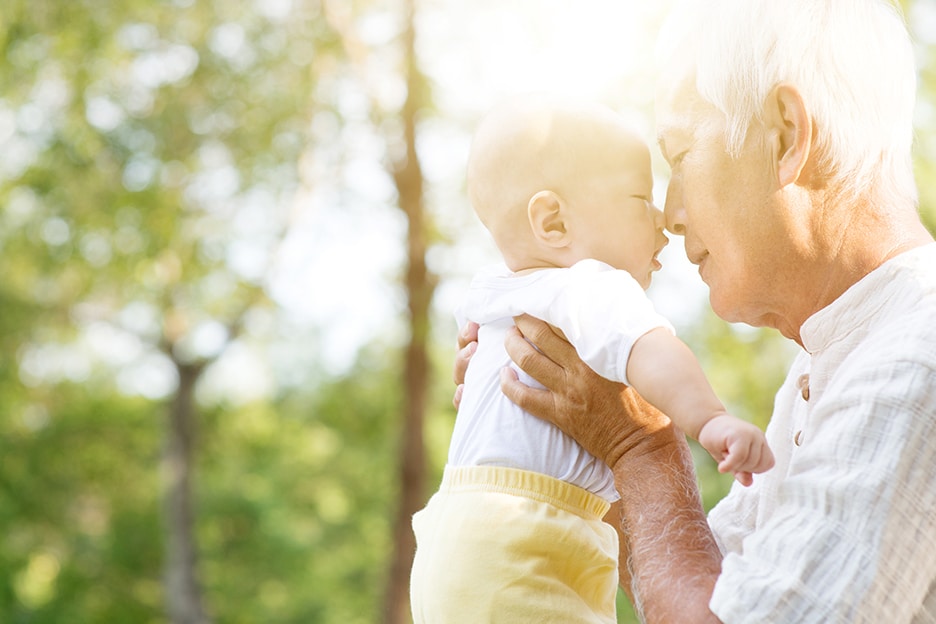When the Going Gets Tough, We Find Out Who Our Friends Are
Don’t let embarrassment get in the way of friendship
Key points:
- It can be hard to know what to say and do when someone close to us develops a severe or degenerative illness
- People think they aren’t competent to offer help or that anything they offer may be embarrassing to receive
- Just showing that we care counts
“I have a very good friend who lives 200 miles away, so we don’t get together as often as we would like.
I am particularly conscious of that now, as her husband has Parkinson’s disease, which has advanced rather quickly, imposing the marked and miserable symptoms of shaking, impaired balance, slowed-down movement, and problems with memory.
Their previously fun social life—they were one of several local couples who used to meet up regularly for meals and even often went on holidays together—has dwindled to a halt, and my friend has found herself in a virtually full-time caring role, including much ferrying to and fro for hospital appointments.
Not a natural carer, the transition was challenging for her, but what has hit hardest is the failure of her local friends to rally around. Although all are within walking distance or a short car drive from each other, only one now ever pops in or calls.
“You really find out who your friends are when something like this happens,” she said grimly.
Her words came instantly into my mind when Rosalie, a new client, said almost exactly the same thing. Her husband has an ominous degree of memory loss and she is extremely fearful about their future, her overwhelming anxiety tipping her into depression.
“No one wants to be around you when you aren’t fun anymore,” she said. “They are nervous about how to react to either of us.”
Happily, this was partly depressive all-or-nothing speak—they are still lively people and still have two or three friends who have remained strongly supportive—but it is probably true that others struggled to know how to be with them, and gave up.
There may be a few reasons for this. I have written before about several people who had suffered personal tragedies. What had most helped them to cope and what had been most hurtful? What hurt was the good friends or neighbours who stopped calling or phoning or actually crossed the street to avoid them.
This article was first published on Psychology Today, and was written by Denise Winn.




